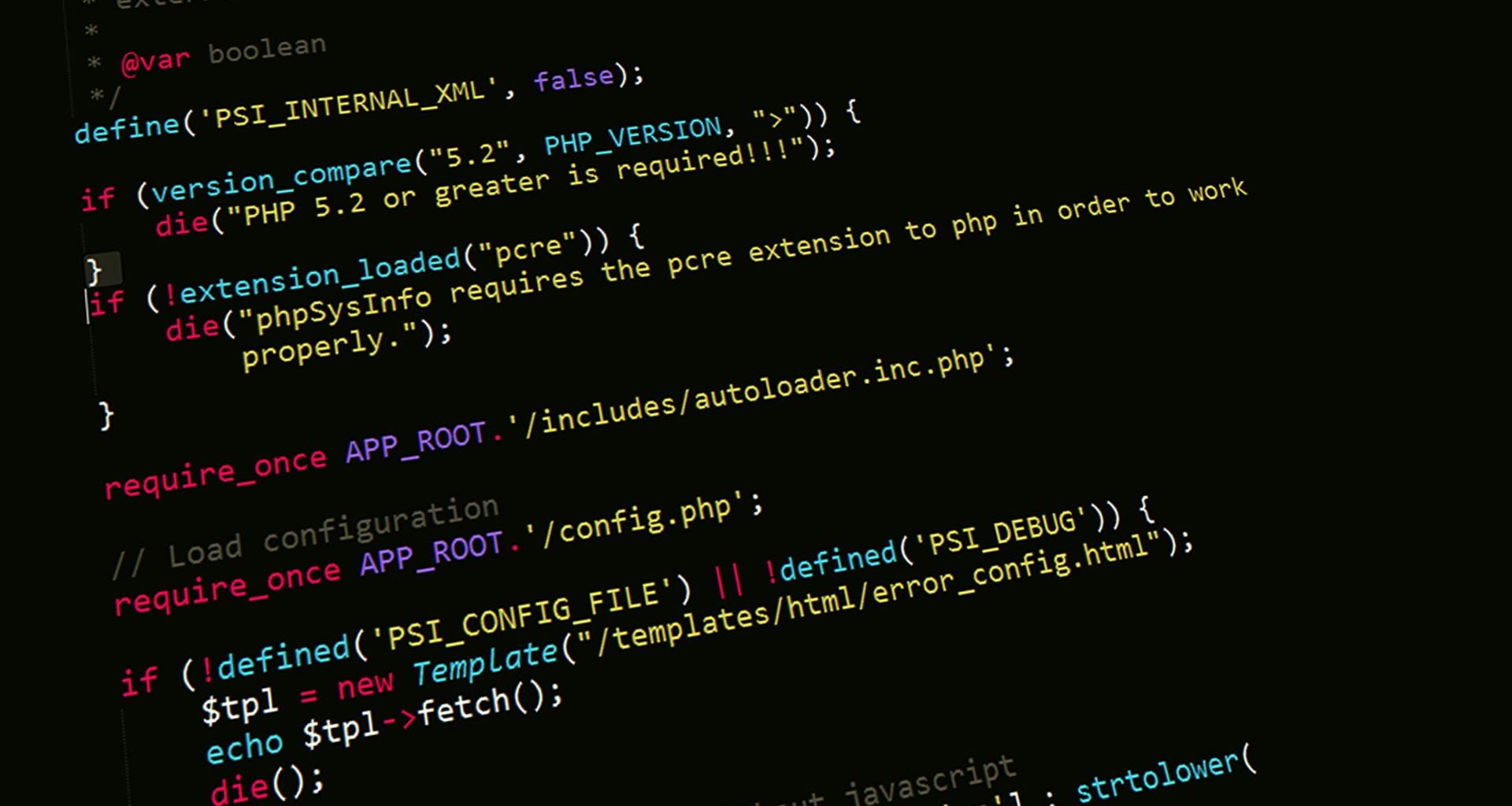When it comes to the pharmaceutical industry, precision, efficiency, and data integrity are of paramount importance. With the stakes so high, there is no room for error. Robotic Automation and AI have emerged as game-changer technologies, revolutionizing the manufacturing process in the drug industry. They are enhancing efficiency, improving data management, and ensuring quality and accuracy in the production chain. Let’s delve deeper into how these tech advancements are reshaping the pharmaceutical manufacturing landscape.
Incorporation of AI and Robotics in Drug Development
AI and robotic automation are making significant strides in the pharmaceutical industry, particularly in the drug development process. These advanced technologies have transformed the way new drugs are conceived and developed. The technologies have shown great promise in speeding up the drug discovery process, reducing time, cost, and failure rates associated with traditional drug development methods.
Avez-vous vu cela : What Innovations Are Leading the Way in Organic Solar Cell Efficiency?
In the realm of drug discovery, AI algorithms excel at sorting through vast amounts of data to identify potential drug targets. The technology can streamline the process of screening and identifying molecules that could be developed into therapeutic drugs. Likewise, robotic automation plays a crucial role in high-throughput screening, where automated robots can test hundreds to thousands of samples in a short time.
AI and robotics also play a pivotal role in preclinical trials. AI systems can predict how a drug will interact with the body based on the data from past trials, improving the accuracy of results. Robotic automation, on the other hand, ensures precision in the handling and dosing of experimental drugs, eliminating human errors.
A voir aussi : How Can Deep Learning Contribute to the Development of Autonomous Marine Vessels?
Enhancing Manufacturing Processes
In pharmaceutical manufacturing, consistency and accuracy are vital. Any variation in the production process can affect the quality of the final product, potentially endangering patient safety. Here, AI and robotic automation have proven to be game-changers.
AI can analyze vast amounts of real-time production data to detect anomalies, predict potential issues, and suggest corrective actions. This proactive approach can prevent deviations, ensuring consistent product quality and reducing waste. Moreover, AI-powered predictive maintenance systems can foresee equipment failures, significantly reducing downtime and improving efficiency.
Robotic automation has the potential to automate complex, repetitive tasks, reducing the risk of human error. Robots can handle sensitive drug ingredients with precision, ensuring consistent dosing and quality. Furthermore, robotic systems can work in hazardous environments without safety risks, enhancing worker safety.
Revolutionizing Quality Management
Quality management is a crucial aspect of pharmaceutical manufacturing. Maintaining high-quality standards is not just a regulatory requirement, but it’s also vital for ensuring patient safety and drug efficacy. AI and robotic automation have a lot to offer in this area.
AI can process large amounts of data from different sources, enabling real-time tracking and monitoring of quality parameters. Intelligent algorithms can detect minute deviations in data trends, alerting quality teams before an issue escalates. This proactive approach ensures continuous quality improvement.
Robotic automation ensures precision and consistency in quality testing procedures. Automated systems can carry out repetitive tests with high accuracy, reducing the risk of human error and bias. Automation also speeds up the testing process, reducing lead time and improving overall efficiency.
Streamlining Supply Chain Management
Supply chain management is a complex task in the pharmaceutical industry, involving the coordination of numerous steps, from sourcing raw materials to delivering final products. AI and robotic automation offer powerful tools for streamulating and optimizing these processes.
AI can analyze real-time data from multiple sources across the supply chain, enabling better demand forecasting and inventory management. With improved visibility into the supply chain, companies can respond more quickly to changes in demand or disruptions, ensuring a steady supply of drugs.
Robotic automation can optimize warehousing operations, including picking, packing, and shipping of products. Robotic systems can work round the clock, increasing productivity and efficiency. Furthermore, robots can handle delicate drug products with precision, reducing the incidence of damage and waste.
In the coming years, we can expect AI and robotic automation to continue to revolutionize the pharmaceutical industry. As these technologies become more sophisticated and integrated, their potential to improve accuracy and efficiency in pharmaceutical manufacturing is only set to increase. Whether it’s drug development, manufacturing processes, quality management, or supply chain operations, the impact of these technologies is being felt across the entire pharmaceutical production chain.
AI and Robotics in Clinical Trials and Regulatory Compliance
In the complex world of clinical trials and regulatory compliance, AI and robotic automation play a vital role in the pharmaceutical industry. The application of these technologies has resulted in improved decision making, efficient data management, and enhanced accuracy in trials and compliance processes.
Artificial Intelligence (AI), through its subset machine learning, is transforming the approach to clinical trials. AI can sift through vast amounts of real-time data from past trials, patient records, and research databases, such as Google Scholar, to identify patterns, make predictions, and provide valuable insights. Machine learning algorithms can be trained to predict patient outcomes based on different variables, leading to more personalized treatments and reduced trial failure rates.
Moreover, AI can streamline the process of regulatory compliance, a critical but often cumbersome aspect of pharmaceutical manufacturing. Machine learning algorithms can analyze and interpret complex regulations, helping companies stay abreast of changes and avoid non-compliance risks. These technologies can also automate the process of generating compliance reports, saving time and reducing the scope for error.
Conversely, robotic automation can accurately perform repetitive tasks related to clinical trials, such as data entry and sample analysis. This precision helps minimize errors and ensure data integrity while freeing up researchers to focus on other critical aspects of the trial.
AI and Robotics in Inventory Management
Inventory management is another area in the pharmaceutical industry where AI and robotic automation have made a significant impact. Managing pharmaceutical inventory is a delicate balancing act – overstocking can lead to waste due to expiration, while understocking can lead to drug shortages. AI and robotics offer solutions to optimize this process, ensuring drug availability while reducing waste.
AI, with its sophisticated data analytics capabilities, can predict demand by analyzing historical sales data, real-time data from pharmacies, demographic data, and disease trends. These demand forecasts can help companies make informed decisions about how much of each drug to produce, reducing the risk of overstocking or understocking.
Meanwhile, robotic process automation can streamline the physical management of inventory. Robots can perform tasks like sorting, stocking, counting, and packing drugs faster and more accurately than humans. These robots can work 24/7 in controlled environments, ensuring optimal conditions for drug storage and reducing the risk of loss or damage to the inventory.
Conclusion
The pharmaceutical industry is witnessing a profound transformation driven by AI and robotic automation. These technologies are playing a pivotal role in various aspects of pharmaceutical manufacturing, from drug discovery and drug development to quality control and supply chain management.
By leveraging AI’s predictive analytics and machine learning capabilities, pharmaceutical companies can make more informed decisions, optimize processes, and enhance product quality. Robotic automation, on the other hand, can reduce human error, automate repetitive tasks, and increase process efficiency.
While challenges remain, including issues related to data privacy, algorithm transparency, and technology integration, the benefits of incorporating AI and robotics in pharmaceutical manufacturing are undeniable. As these technologies continue to evolve and mature, they are poised to play an ever-greater role in improving the accuracy, efficiency, and safety of drug manufacturing for the betterment of human health.











